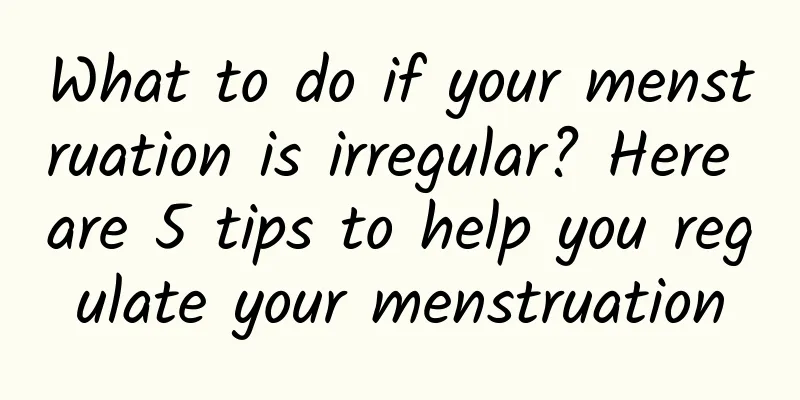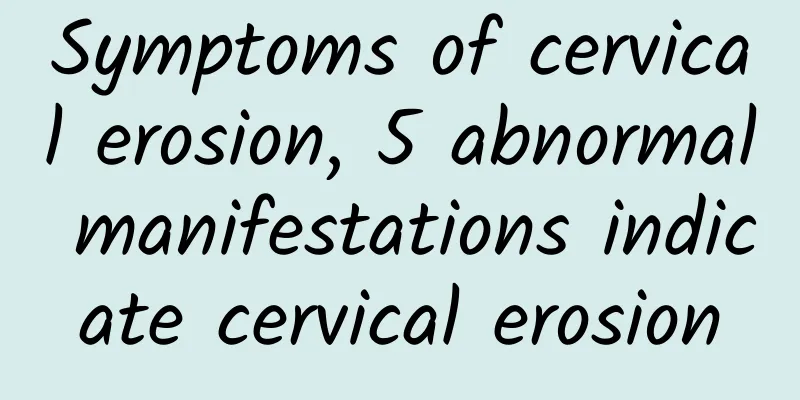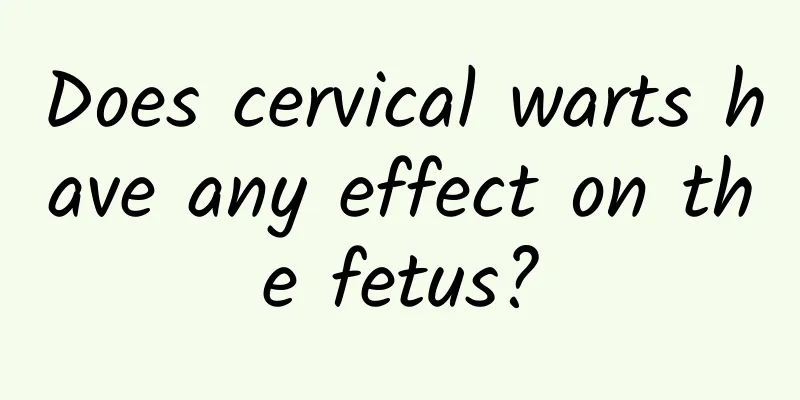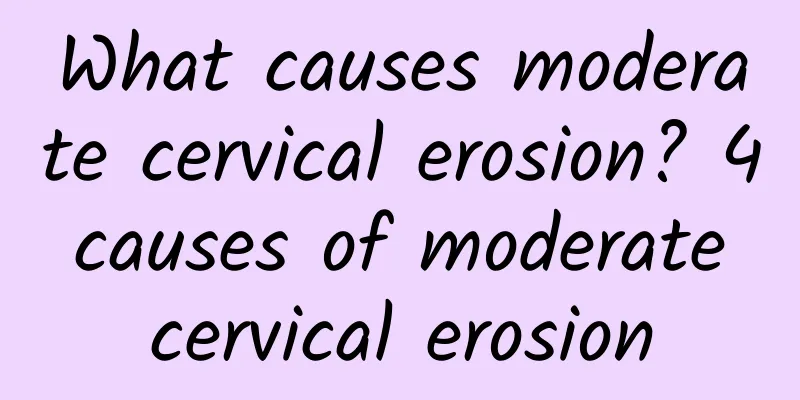Low sugar, ketogenic and reduced sugar ~ Learn all three weight loss diets in one go
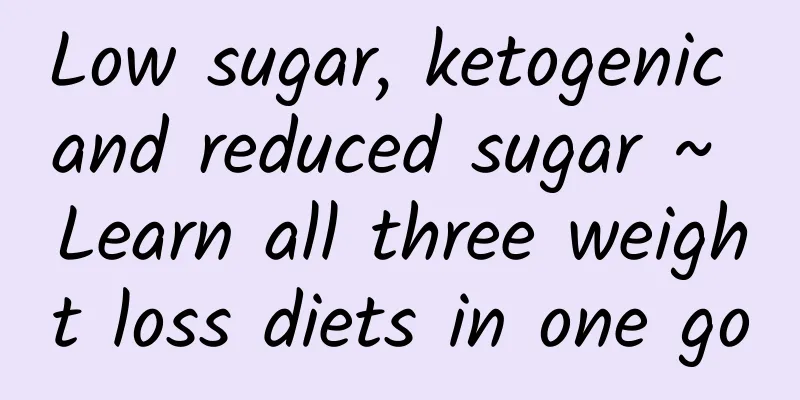
|
"Low-sugar diet" and "ketogenic diet" are very popular diets nowadays. Many people have come forward to say that they can help lose weight quickly and help control blood sugar, and many people are eager to try them. People often ask me: "Is a low-sugar diet healthy? Is it suitable for me?" I usually start by asking the person, “What is your purpose?” Each diet has its principles and supporting scientific literature. No matter which diet you choose, you should first understand it in detail and then evaluate whether it is suitable for you. Never do it blindly just to follow the trend. What is the Ketogenic Diet? (Photo provided by nutritionist Donna Chen Yichun) Before explaining these two special diets, we must first understand the proportions of the three major nutrients in a general "balanced diet": 50-60% carbohydrates, about half of the total calories, 15-20% moderate protein, and 20-30% fat. The "ketogenic diet" is a method that very strictly restricts carbohydrates. Carbohydrates only account for 5% of total calories, and the reduced carbohydrate calories are compensated by fat, so it is an extremely high proportion of 75% fat and 20% moderate protein. The principle of the "ketogenic diet" is that when the human body does not take in enough sugar (simulating a state of hunger), the body will burn a large amount of fat as an energy source. At this time, fat metabolism will produce ketone bodies, forcing the body's energy system to switch from using glucose to using ketone bodies, thereby achieving the effect of rapid fat loss. Since sugary foods are strictly restricted, starchy foods, fruits, and milk are not allowed, and only vegetables, fish, meat, eggs, oils, and nuts can be eaten. In the long run, it is easy to lead to a lack of nutrients such as dietary fiber, water-soluble vitamins, calcium, etc. Therefore, common side effects include: depression, endocrine disorders, bone calcium loss, increased blood lipids, arrhythmia, etc. A ketogenic diet is not recommended for people who have abnormal fat metabolism, hyperlipidemia, carnitine deficiency, porphyria, type 1 diabetes, late-stage type 2 diabetes, abnormal liver function, abnormal kidney function, or high uric acid. If people with obesity, metabolic syndrome, or early-stage diabetes want to do this, it is recommended that they do so under the supervision of a professional physician and nutritionist, which is a safer approach. (Situational picture/provided) What is a low-sugar diet? (Photo provided by nutritionist Donna Chen Yichun) As the name suggests, a "low-sugar diet" reduces sugar intake. It is milder than a "ketogenic diet," reducing carbohydrates to 20%, protein to 30%, and fat to 50%. If you calculate based on a daily intake of 2,000 calories, a person on a low-sugar diet can only eat 1 bowl of rice + 1 fist of fruit a day, while a person on a balanced diet can eat 3 bowls of rice + 3 fists of fruit a day. You can see the difference then. Whether it is a "ketogenic diet" or a "low-sugar diet", scientific studies have shown that it can reduce body fat, weight, and blood sugar, but the results on the effects on blood fat are not consistent. Since a "low-sugar diet" will consume more protein and fat foods than usual, some studies have pointed out that it has a higher mortality rate and risk of cardiovascular disease; but if protein and fat mainly come from plant foods, it is found that it can reduce the risk of cardiovascular disease. This conclusion tells us that no matter what kind of diet you adopt, in addition to controlling the "quantity", what is more important is what food you choose. No matter how much you limit the sugar intake, you should consume more vegetables, plant oils and plant proteins, and avoid too much red meat and saturated fat. Tips from Donna, a nutritionist There is no single diet that is suitable for everyone, because each person is very different. Your and my physique, eating habits, preferences, medical history, medication status, tolerance level... etc. are all different, so there is no such thing as an absolutely good or bad diet, there is only a difference between suitable and unsuitable. If you want to lose weight, you need to think about a more important question before pursuing rapid weight loss: "Can you do it in the long run?" Even though the "ketogenic diet" and "low-sugar diet" can reduce fat quickly, you cannot easily buy suitable food outside, and you have to prepare three meals a day by yourself. In addition, there are many strict restrictions. Many people give up and gain weight again, which means it has no effect. (Photo provided by nutritionist Donna Chen Yichun) In the long run, "balanced diet" and "reduced sugar diet" are still more humane, easier to implement, and more sustainable methods of weight loss. This article comes from: Donna Nutritionist Chen Yichun's blog ※For more information, please visit "Donna Nutritionist Chen Yichun's Blog" |
<<: How difficult is it to lose weight and prevent cancer? You can do it if you chew slowly!
>>: Making 5 small changes in your daily life can help accelerate exercise results!
Recommend
New Taipei City's tofu samples found 2 violations among 30
On the 11th, the New Taipei City Government Healt...
What causes dysmenorrhea?
Women experience pain in the lower abdomen or wai...
What is the reason for having two periods in a month? What medicine should I take if I have two periods in a month?
Irregular menstruation is a problem that many fem...
Bacterial vaginosis has many different symptoms.
Bacterial vaginosis is a common vaginal inflammat...
Precautions after surgery for hyperprolactinemia
What are the precautions after surgery for hyperp...
Abnormal black vaginal discharge after menstruation
Abnormally dark vaginal discharge after menstruat...
There are three main causes of cervicitis
The incidence of cervicitis is gradually getting ...
Can Yuting treat ectopic pregnancy? No
Yuting is a post-contraceptive pill that has a go...
Cervical fibroids are a special type of uterine fibroids
Many women panic and don't know what to do af...
The reason why women eventually develop ectopic pregnancy
The occurrence of ectopic pregnancy is very harmf...
What is pelvic endometriosis and what are its main symptoms?
What is pelvic endometriosis? What are the main s...
Symptoms of ectopic pregnancy can cause the patient to have reduced blood volume
If a woman has symptoms of ectopic pregnancy, it ...
Treatment of chronic cervicitis should start with daily care
Chronic diseases generally cannot be cured immedi...
What can I eat to control the growth of uterine fibroids? What medicine can I take to control the shrinkage of uterine fibroids?
Uterine fibroids are a common benign tumor in wom...



